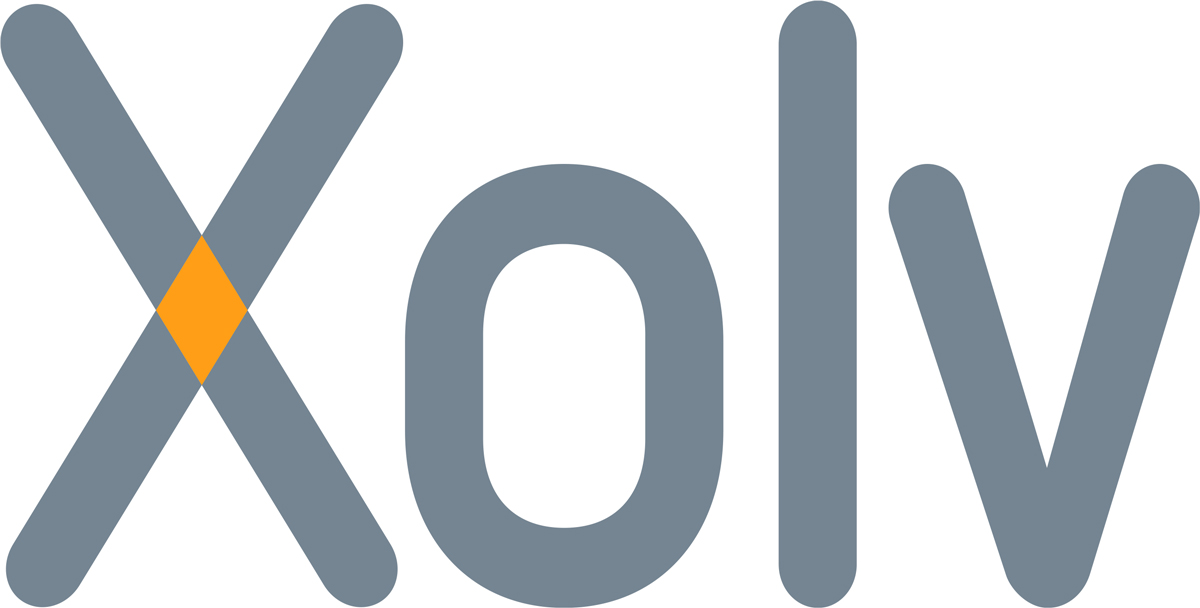Is paying in advance wise?
We know better than anyone how important it is to have a good and reliable supplier to keep your business running smoothly. You naturally want to be sure that your supplier will deliver (on time) and use your advance payment for your order. Perhaps your supplier has financial problems, does not deliver and then you lose your advance payment just like that. Especially with a supplier you are doing business with for the first time or do not know well, this lurks. The doomsday scenario for you as an entrepreneur. Is paying in advance wise?
Tips for prepaying with certainty
Prepayment is therefore not without risks. Practice shows that many entrepreneurs do not know that and how to minimise these risks. To minimise these risks, you have a number of options:
- Your supplier may prepare a Letter of Credit (LC). An LC is a confirmation from your supplier's bank that they are creditworthy to refund any upfront payment if they are unable to deliver. This LC must be in line with the wishes and requirements of all (banking) parties. This is often laborious, costly, time-consuming and Dutch banks are often reluctant to do it. As are suppliers.
- You can cover the risk with prepayment insurance. This is a special module that you can add to your existing credit insurance policy free of charge. You only pay premium on the prepayment. The premium is equal to the premium rate you pay for your debtor risks; a promissory note. It is not possible to take out prepayment insurance separately.
Handing over to a collection agency
You might think: 'I'll just hand over the prepayment claim to a collection agency.' Unfortunately, these are lengthy and costly procedures and the result achieved in these cases is often disappointing. Consider carefully whether this is a realistic option for you.
What is insured with prepayment insurance?
Basically, what is insured?
- The not fulfilment of contractual obligations by your supplier (failure to deliver) and the advance payment if your supplier does not refund it as a result of this failure.
- Insolvency of your supplier.
Basically, what is not insured?
- Probable insolvency
- Collection costs
What exactly is insured?
- You are insured up to the limit issued by the credit insurer. Please note that applications on Chinese suppliers generally have a longer maturity than within Europe.
- You are insured for supplied raw materials and products related to your 'business activities'.
- You must have made the advance payment during the term of the insurance.
- Cover starts as soon as you make an advance payment and ends as soon as the goods are delivered or the advance payment is repaid. This period should usually not exceed 6 months.
More information
The changing market means that more and more suppliers are asking to pay in advance. As mentioned, this is not without risks. Each insurer has specific concerns, so inform yourself well about the possibilities and requirements. Naturally, our specialists are ready to assist you.



